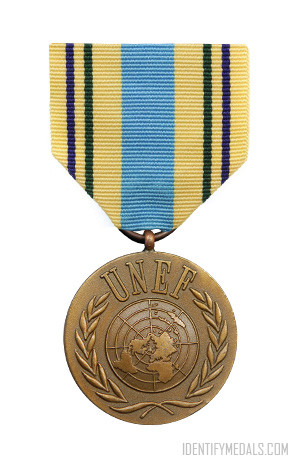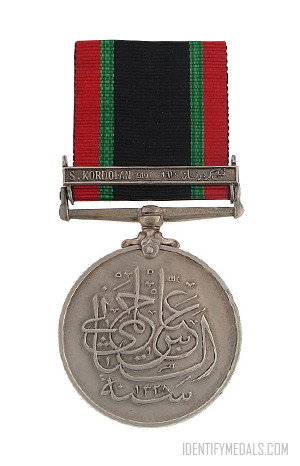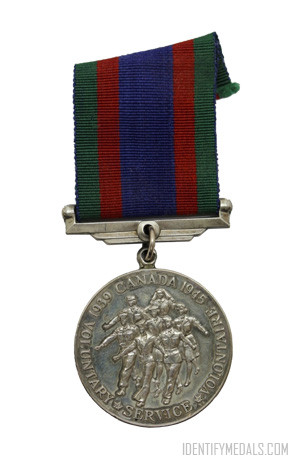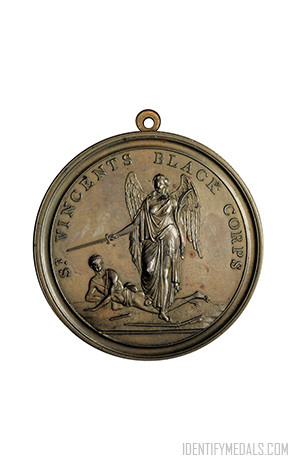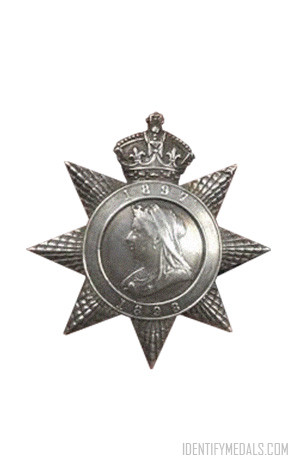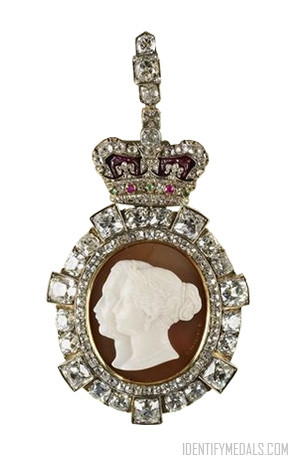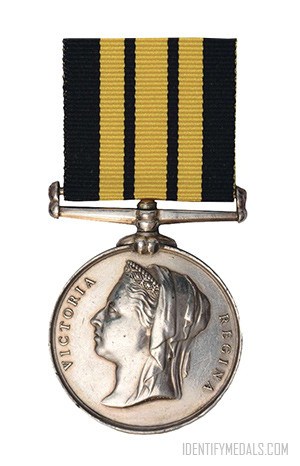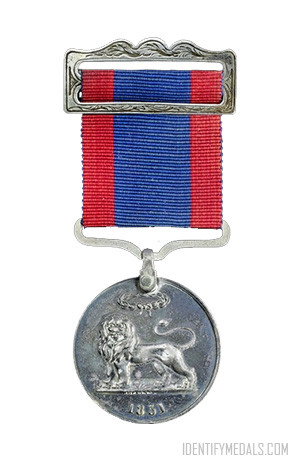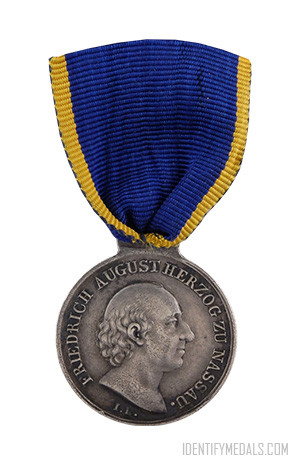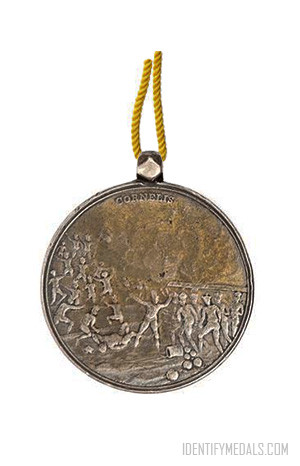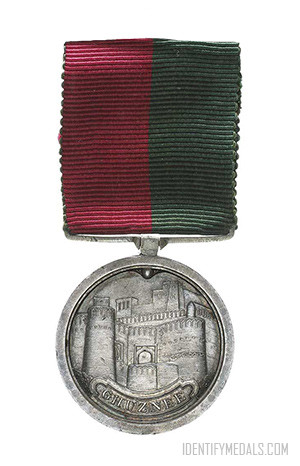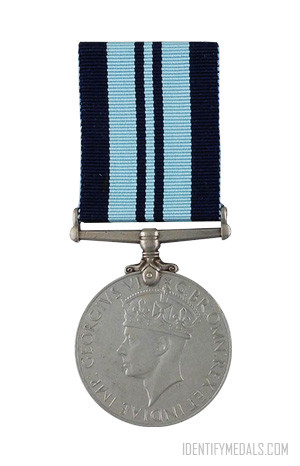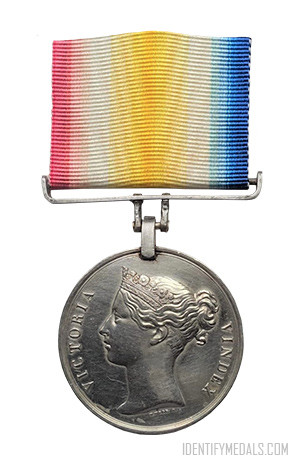- Time Period: Post-WW2
- Year of Institution: 1957
- Country: Great Britain, Other Countries
The United Nations Emergency Force Medal is a service medal of the United Nations instituted in 1957 and awarded for service in the United Nations Emergency Force between 7 November 1956 and 19 May 1967.
In 1956, Egypt came into conflict with the combined forces of Israel, France, and the United Kingdom resulting in the Suez Crisis. Combined political pressure from the United States, the Soviet Union, and the United Nations resulted in the withdrawal of French, British and Israeli forces from Egyptian territory and the cessation of hostilities. To maintain peace, the United Nations established its first Peacekeeping force, the United Nations Emergency Force (UNEF). Brazil, Canada, Colombia, Denmark, India, Norway, Sweden, and Yugoslavia provided troops to serve in the UNEF. The mission lasted from November 1956 until June 1967.
Ninety days of service with the UNEF was required for award of the medal.
The United Nations Emergency Force Medal Design
The medal is circular, struck in bronze, and measures 35 mm in diameter. It’s similar in appearance to other United Nations Medals.
The obverse depicts the official emblem of the United Nations, a world map oriented from the north pole. Above the emblem are the letters UNEF. The reverse is plain except for the words “In the Service of Peace” in relief.
The ribbon is sand yellow with an 8 mm central stripe of light blue. On either side of the central stripe, 3 mm from the edge, is a 1 mm stripe of dark blue 2 mm apart from a 1 mm stripe of dark green. The sand yellow color represents the Sinai while the wide central stripe represents the UN. Of the two thin stripes, the blue represents the Suez Canal, and the green represents the Nile River Valley.

